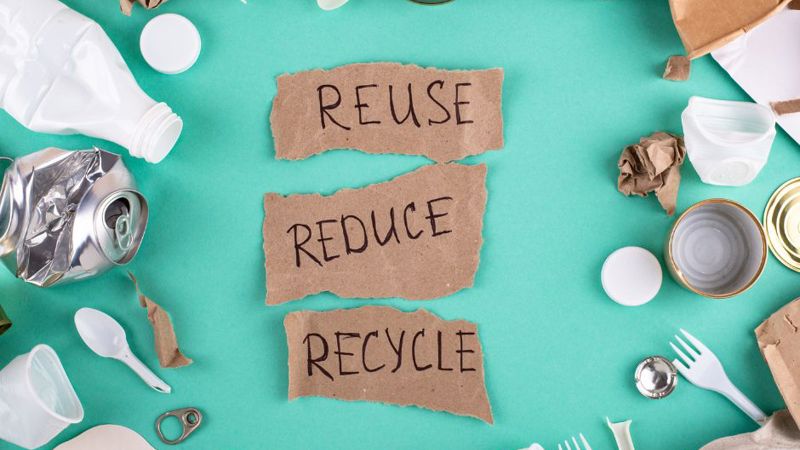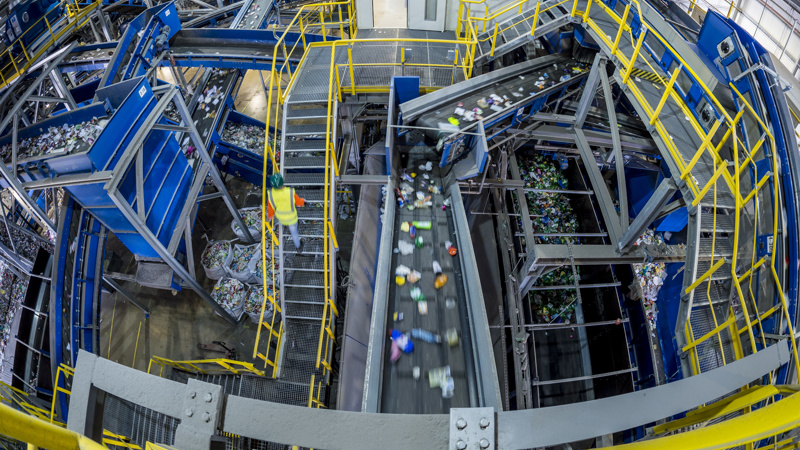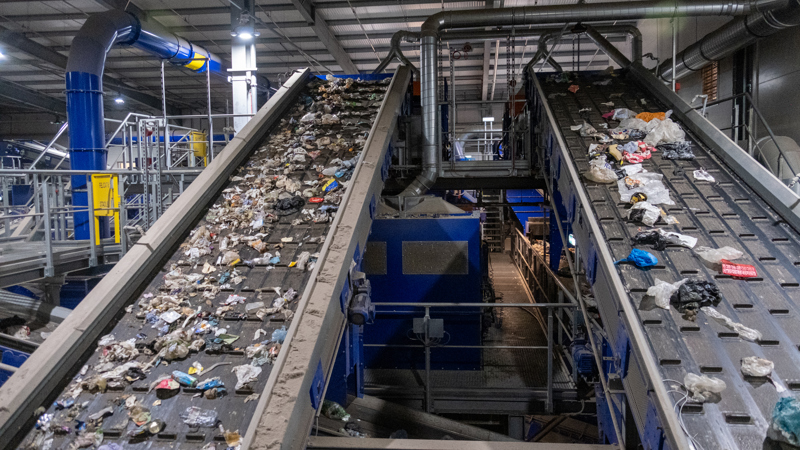Make 2024 the year you reduce, reuse, recycle more

Will you commit to a less wasteful lifestyle and join us in join us in making 2024 the year we reduce, reuse, and recycle more?
That’s the message behind our New Year campaign launched today by Thalia Waste Management.
Reducing waste is an important way to help protect the environment. You can reduce waste by buying less and only what you need, avoiding single-use items, and using refillable containers.
Reusing items is also important and can be done by donating good but used items or finding creative ways to repurpose them.
Finally, recycling can help reduce waste by separating materials into categories that can be reused or repurposed. By practicing the 3Rs—reduce, reuse, and recycle—we can all help make the world a healthier and greener place.
Our resolution this year is also to make people aware of the services we offer that can help educate, inspire and support you on your reduce, reuse, recycle journey this year.
Our Waste Education Experience delivers recycling workshops and outreach to community groups, organisations and schoolchildren across our local areas and at each of our sites.
For more information and to find out which areas we cover please visit: www.Thalia.co.uk
Although lots of us already practice the 3Rs very well in our homes, there’s always more we can do, and you really can help make a difference.
Did you know:
- The world produces 141 million tonnes of plastic packaging a year.
- Around a third of all plastic packaging put on the global market leaks from collection systems, polluting the environment.
- Plastic production, use and disposal contributes about 1.8 billion tonnes of carbon emissions annually.
- An estimated £140m worth of clothing is sent to UK landfill each year. This amounts to 336,000tonnes
(Figures from WRAP)
- In 2021, 5.4million metric tons of paper and cardboard packaging waste was created by UK households?
- Of this, 3.8 million metric tons was recovered – a recycling rate of roughly 71%.
(Figures from Statista.com)







